Circuit Breakers

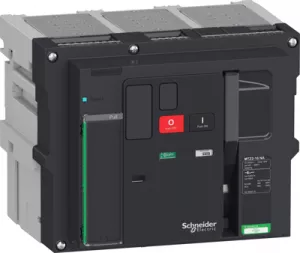
Order No.:
03P6969
Manufacturer SKU:
LV848276

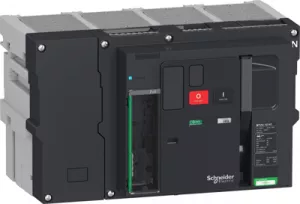
Order No.:
03P7069
Manufacturer SKU:
LV848426

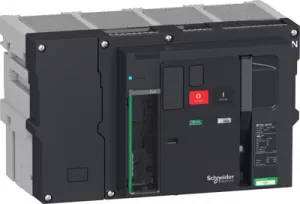
Order No.:
03P7070
Manufacturer SKU:
LV848427

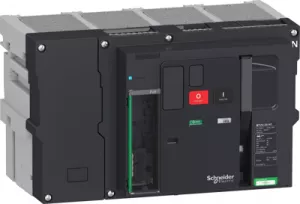
Order No.:
03P7071
Manufacturer SKU:
LV848428

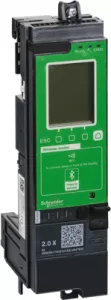
Order No.:
03P7114
Manufacturer SKU:
LV848498

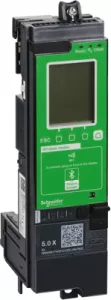
Order No.:
03P7115
Manufacturer SKU:
LV848499

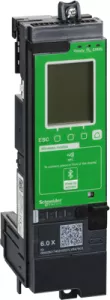
Order No.:
03P7116
Manufacturer SKU:
LV848500


Order No.:
03P7169
Manufacturer SKU:
LV848725

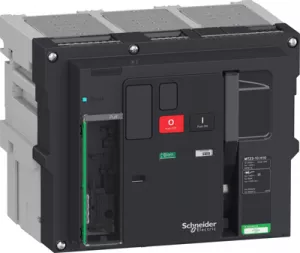
Order No.:
03P7170
Manufacturer SKU:
LV848726

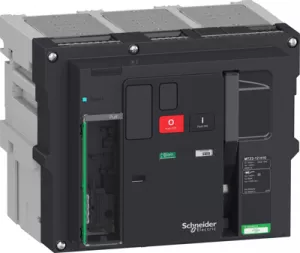
Order No.:
03P7171
Manufacturer SKU:
LV848727

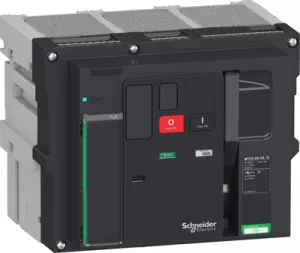
Order No.:
03P7185
Manufacturer SKU:
LV848745

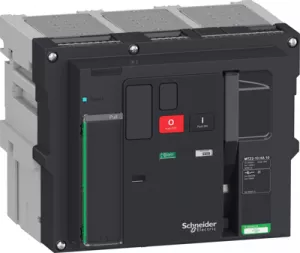
Order No.:
03P7186
Manufacturer SKU:
LV848746

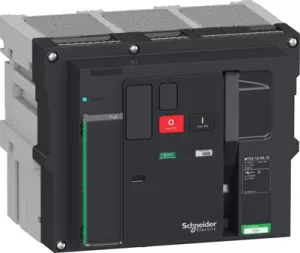
Order No.:
03P7187
Manufacturer SKU:
LV848747

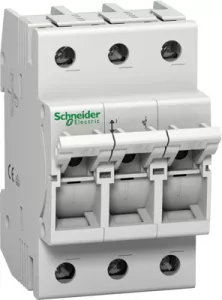
Order No.:
03P8775
Manufacturer SKU:
MGN01316

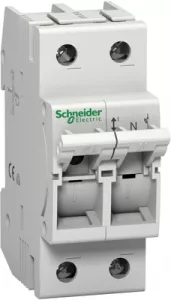
Order No.:
03P8776
Manufacturer SKU:
MGN01610

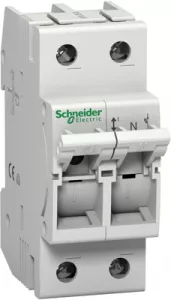
Order No.:
03P8778
Manufacturer SKU:
MGN01616

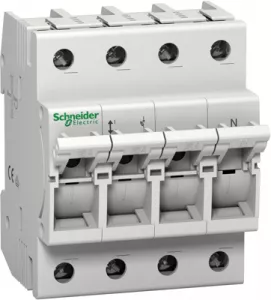
Order No.:
03P8781
Manufacturer SKU:
MGN01716

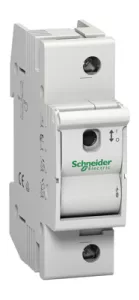
Order No.:
03P8782
Manufacturer SKU:
MGN02163

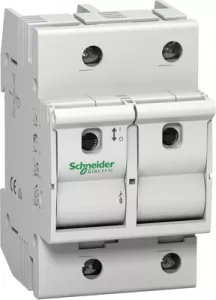
Order No.:
03P8783
Manufacturer SKU:
MGN02263

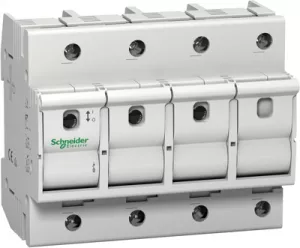
Order No.:
03P8786
Manufacturer SKU:
MGN02763
Safety guaranteed: Functions and advantages of switch-disconnectors
Circuit breakers are used to protect electrical circuits by automatically switching off in the event of an overload or short circuit. They can be switched back on, eliminating the need for one-way fuses. Switch-disconnectors, on the other hand, specialize in safely isolating electrical circuits from the power supply.
Unlike circuit breakers, switch-disconnectors do not perform a protective function, but merely ensure safe isolation as well as prevention of accidental switch-on. Both electromechanical components are indispensable in electrical installations and in the energy sector, with circuit-breakers primarily ensuring the protection of installations, while switch-disconnectors are used for maintenance and repairs.